Back in the day, I ran a couple of semi-successful affiliate websites. I even once ranked #1 for “best protein powder.” This was a pretty lucrative keyword given its commercial intent and high search volume.
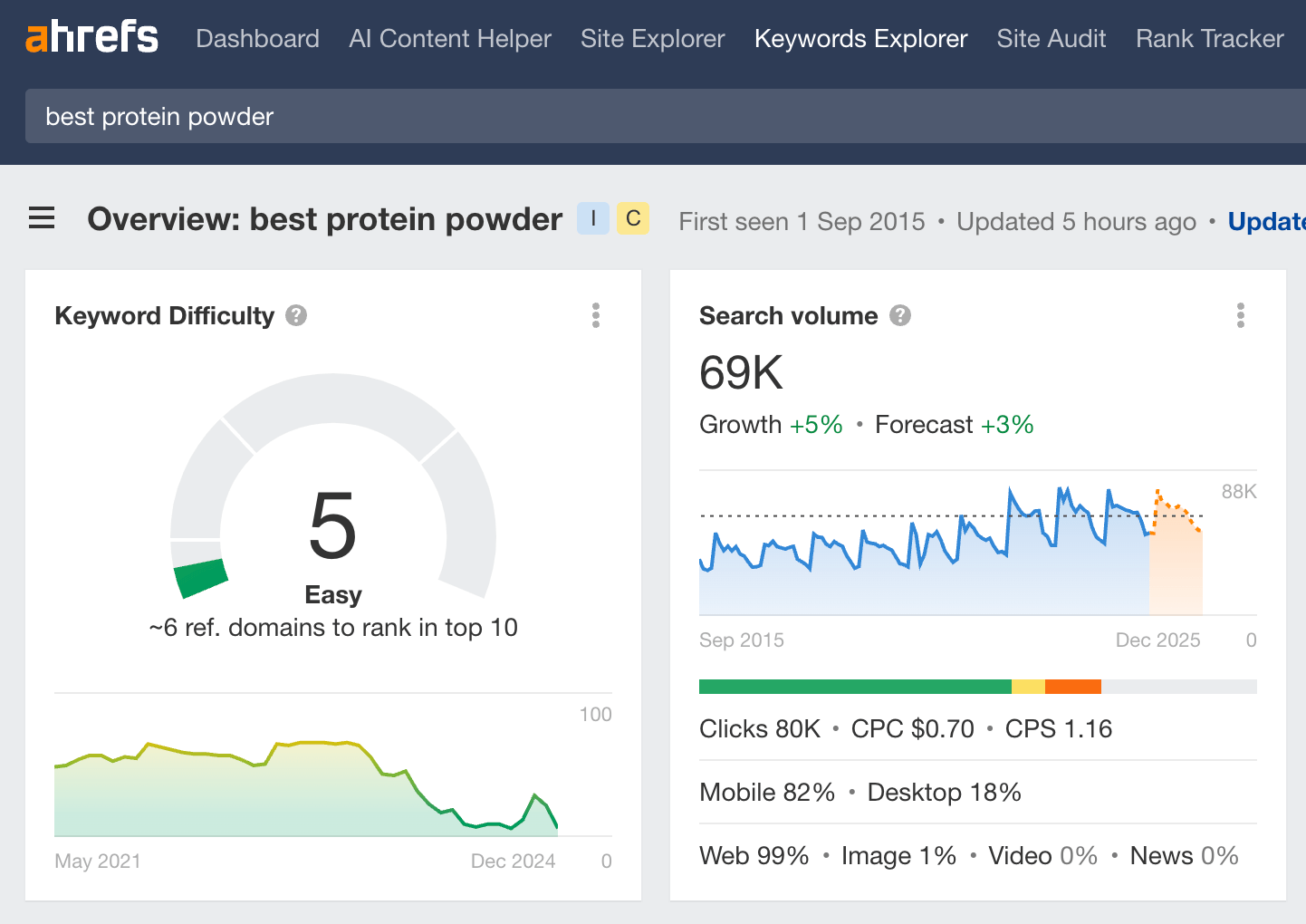
Ever since then, the idea of starting another affiliate site and getting serious about it has always been in the back of my mind. I’ve just never had the time due to my day to day work at Ahrefs.
But today? I don’t think I’d start one even if I had the time. It just isn’t worth it.
Plenty of other online marketers seem to be echoing this sentiment lately, too.

Below are four reasons why I feel like this and wouldn’t start a pure affiliate site in 2025.
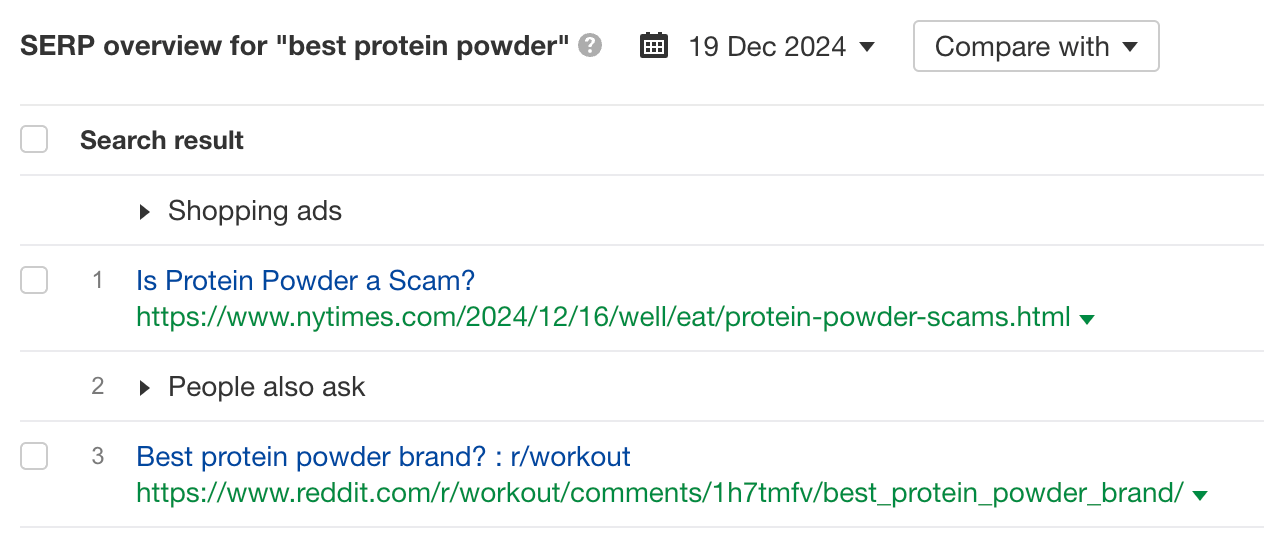
And the problem is only getting worse…
When Google recently penalized the affiliate directories of many big publications like CNN Underscored, it overwhelmingly gave that traffic to Reddit—not independent publishers. I know this because we studied it.
How? We looked at 6,179 keywords that declined or had been completely lost for the directories below between November 18th and November 25th:
- https://www.wsj.com/buyside/
- https://reviewed.usatoday.com/
- www.independent.co.uk/advisor
- www.thesun.co.uk/shopping/
- www.forbes.com/advisor/
- www.newsweek.com/vault/
- www.cnn.com/cnn-underscored/
We then used the Traffic Share by Domain report in Keywords Explorer to see which sites get the most traffic from these keywords. Reddit was #1, taking 6% of traffic.
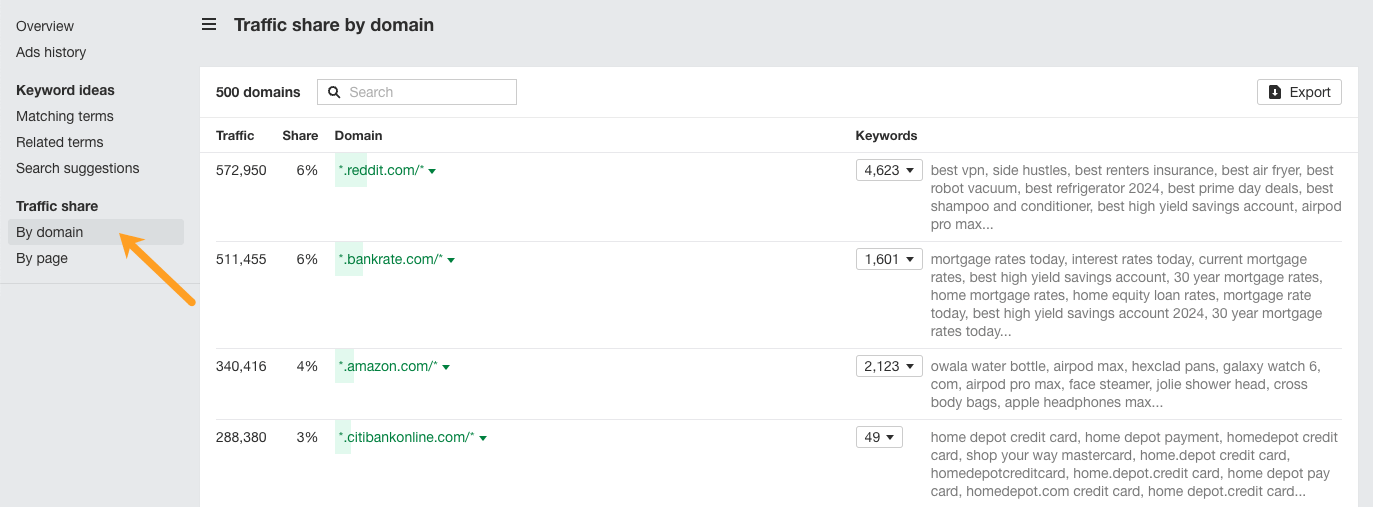
Given that 51% of Reddit threads ranking for product review keywords have spam as the top comment (as per Glen Allsopp’s incredible research), this is a pretty dire state of affairs. For most product review keywords, there’s almost always a niche affiliate site more deserving of ranking than Reddit.
For example, take a term like “best air purifier for cigarette smoke.” Reddit ranks in position #2, but the thread is a total spamfest.
The top comment looks straight from ChatGPT:

The second looks like a disguised product pitch:

The third again looks like a ChatGPT special:
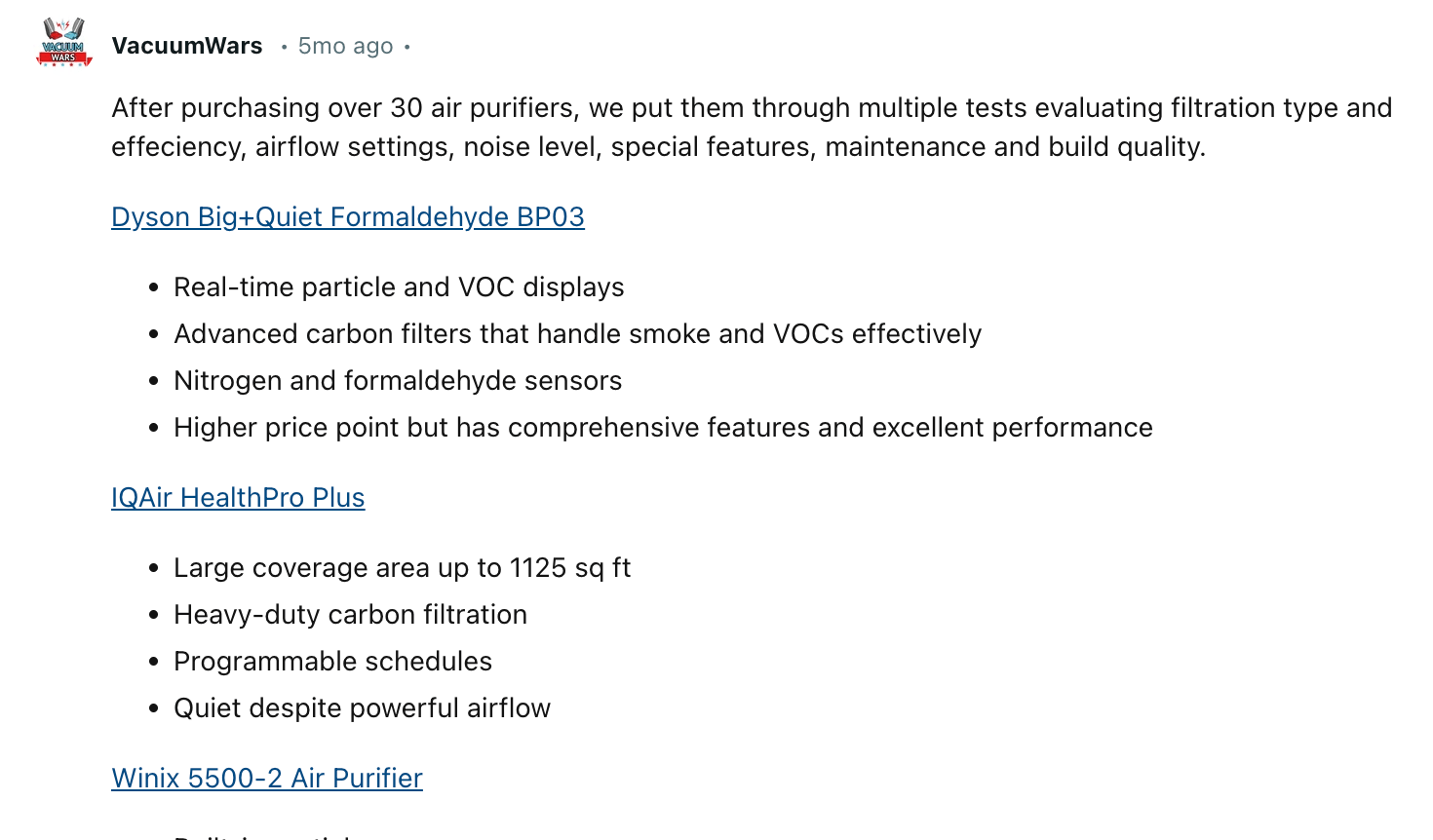
Now you could argue that most affiliate sites are no better—and I would agree. But there are also plenty of niche site owners who invest heavily in their content, spend countless hours actually testing products, and actually deserve to rank.
For example, take a site like HouseFresh which ranks #6 for the same query.
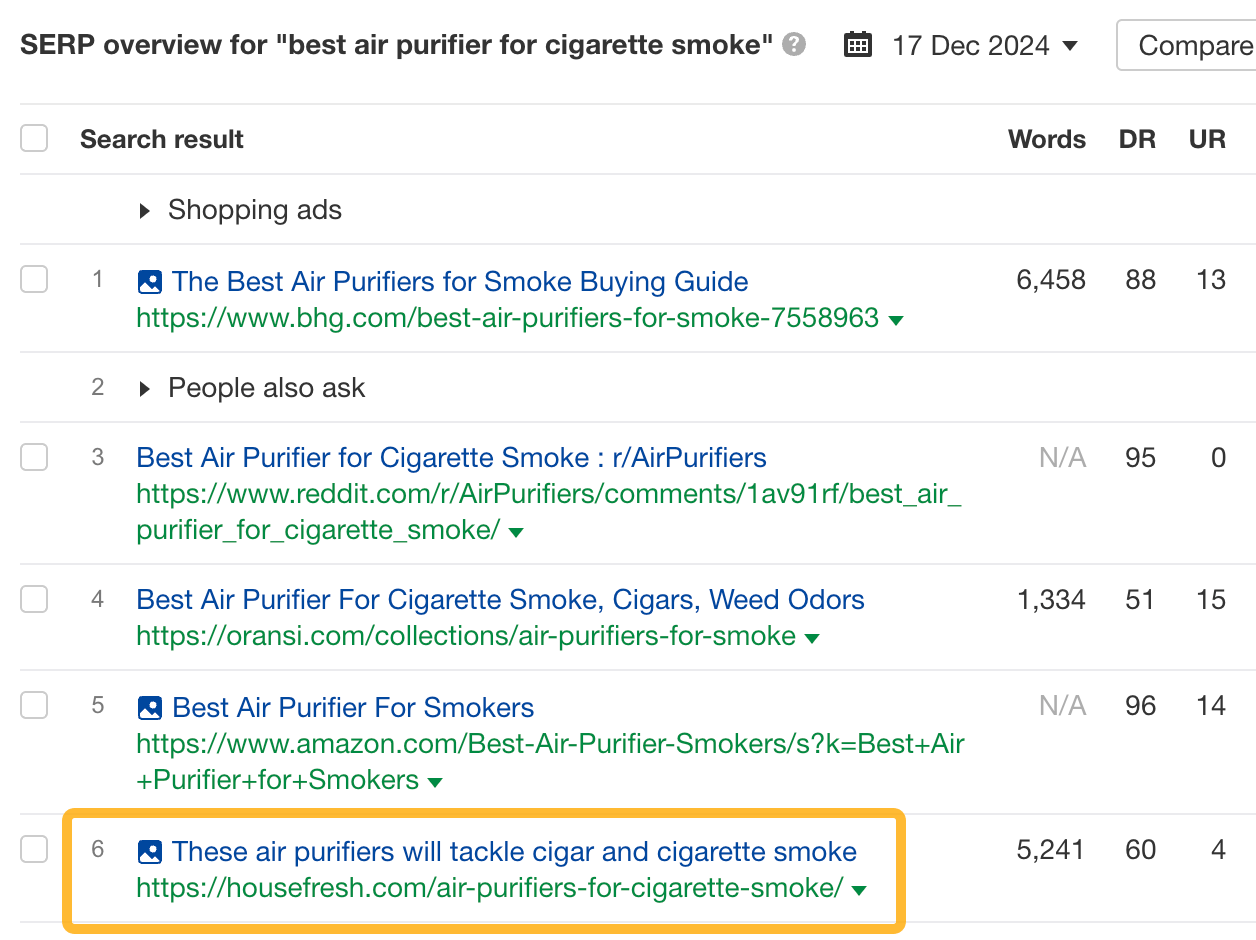
The guys behind this site thoroughly test every product they recommend:
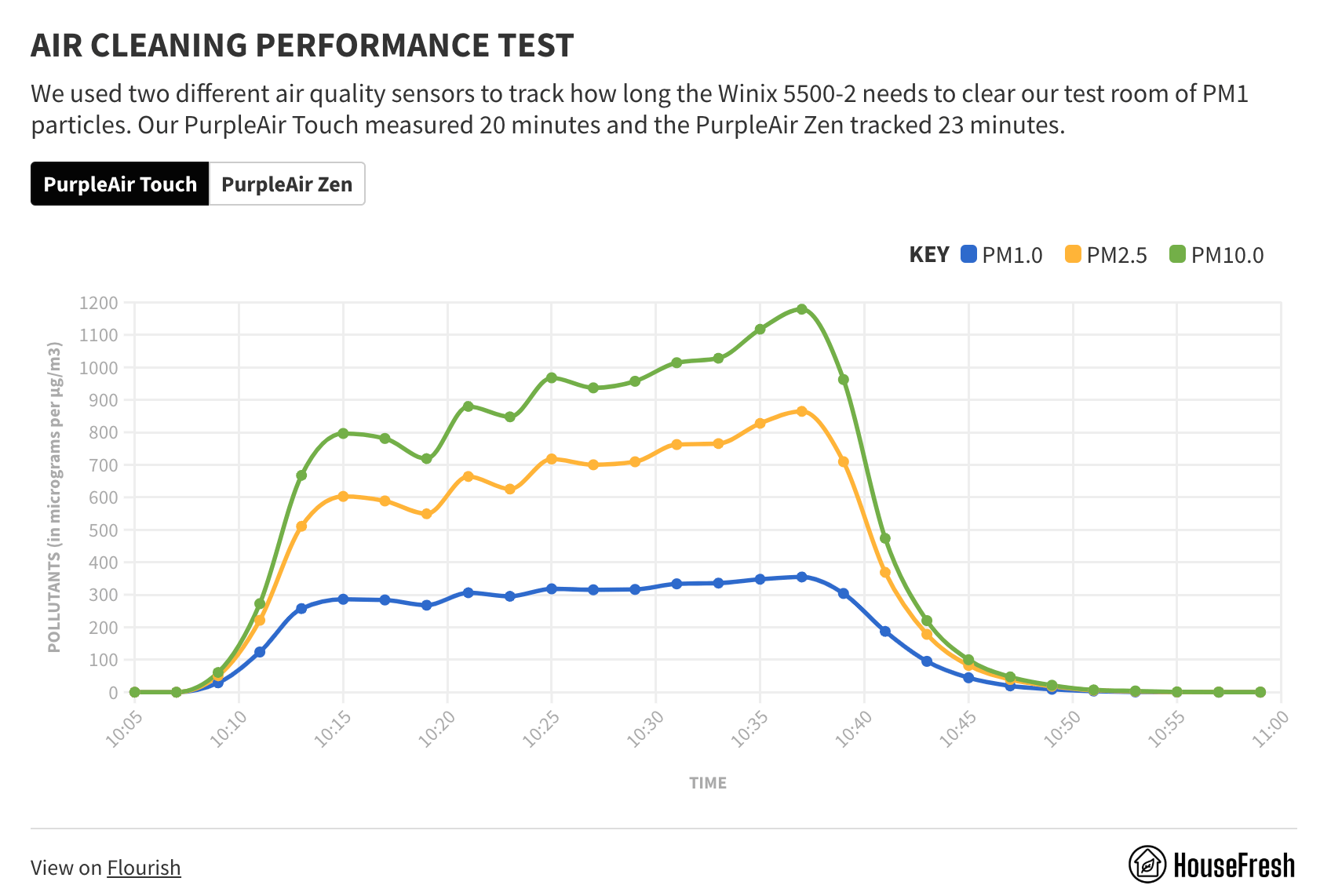
But if we take all the keywords this site ranks in the top 10 for, plug them into Ahrefs’ Keywords Explorer and check the Traffic Share by Domain report, we see that Google is still sending Reddit more traffic.
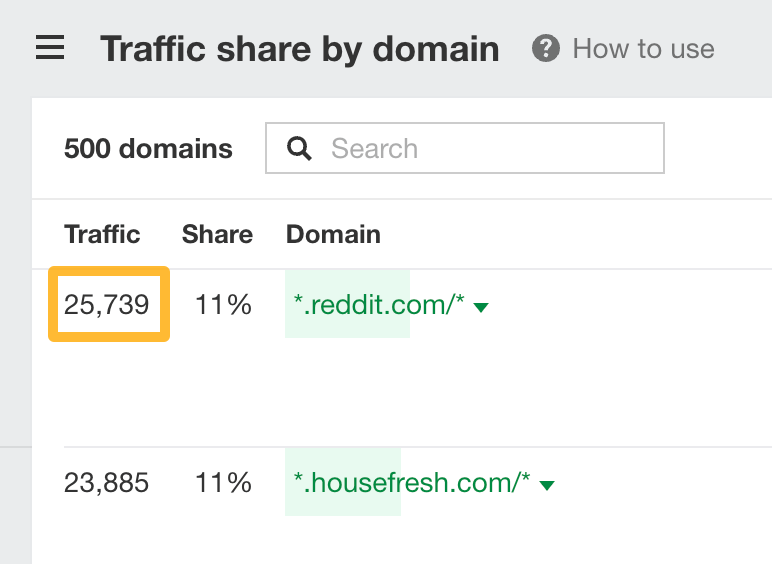
Given the deal Google recently made with Reddit to use their content to train its AI models, this trend probably isn’t going to change any time soon.
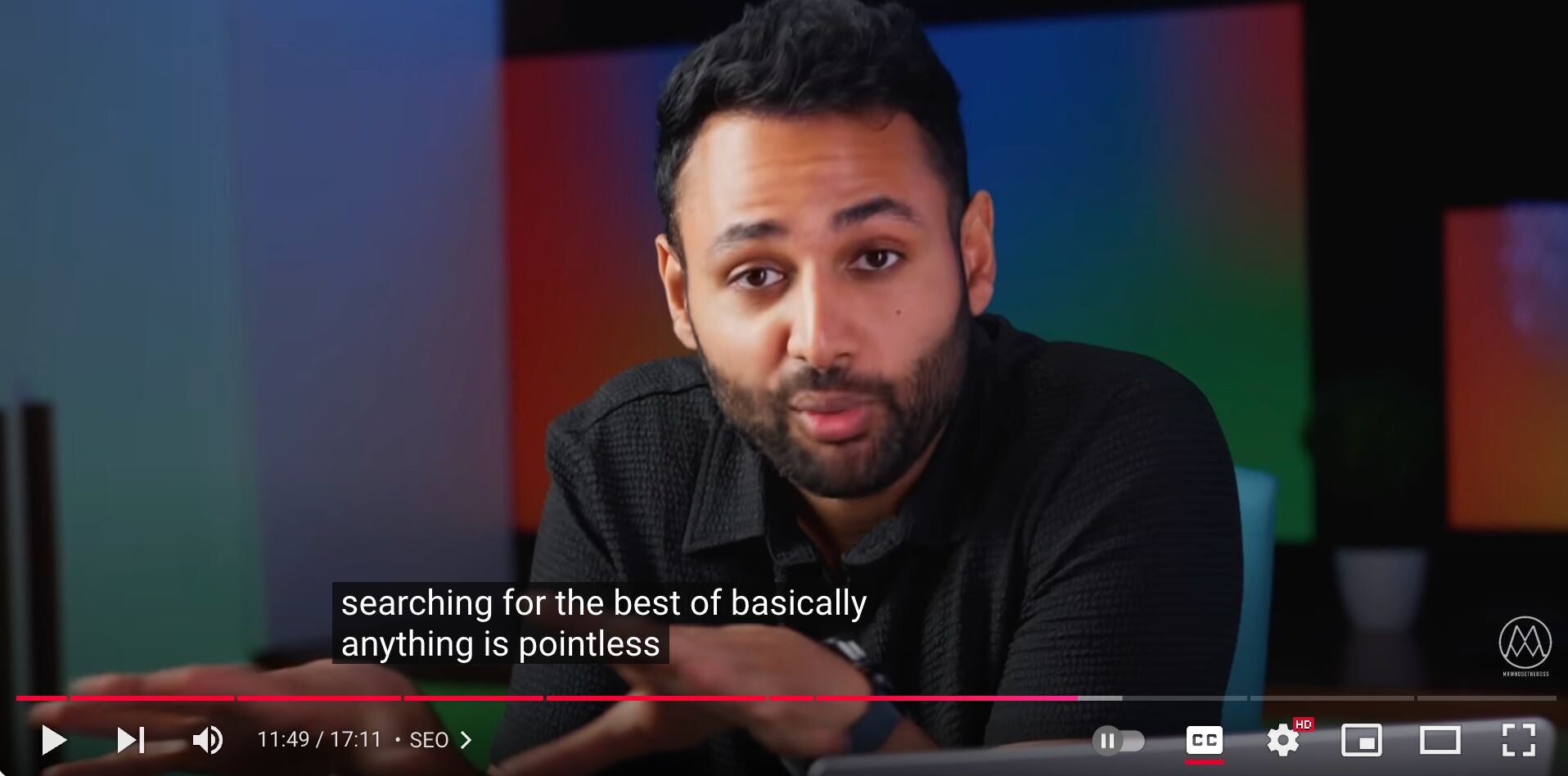
It’s got to a stage now where searching for the best of basically anything is pointless. Almost every single article is a top 10 of products not selected based on their merit but in fact just whether or not they’ll get a kickback when you buy them. […] I guarantee that a large slice of these articles are written with the writer not actually having bought and tested all 10 products themselves.
I think there are three main reasons why the results are so bad:
- The influx of AI spam. Ever since ChatGPT and generative AI came on the scene, it’s become super easy and cheap to create affiliate content. Google seems to be struggling to filter out this spam at scale.
- Parasite SEO. This is where marketers take advantage of the authority of an established website to rank for competitive keywords. It’s why we’ve been seeing sites like Forbes, CNN, and WSJ outranking independent sites for things they have absolutely no expertise in, like “best financial advisors.”
- Google ranking Reddit. Most of these threads are spamfests as I mentioned above.
In my opinion, these three reasons are also interconnected…
Google dealt with the influx of AI spam by boosting the search presence of big brands that it thought it could trust. Those brands then took advantage of Google’s favouritism to rank for terms where they had no expertise. Google then responded to criticism about the lack of diversity in search results (mostly from the SEO industry) by promoting user-generated content on Reddit.
Of course, it’s still possible to promote affiliate links elsewhere like TikTok or YouTube—but that’s a whole different kettle of fish.
Even worse, 36 of the top 100 ranking domains were owned by just three different companies: Hearst, Dotdash Meredith, and Future.
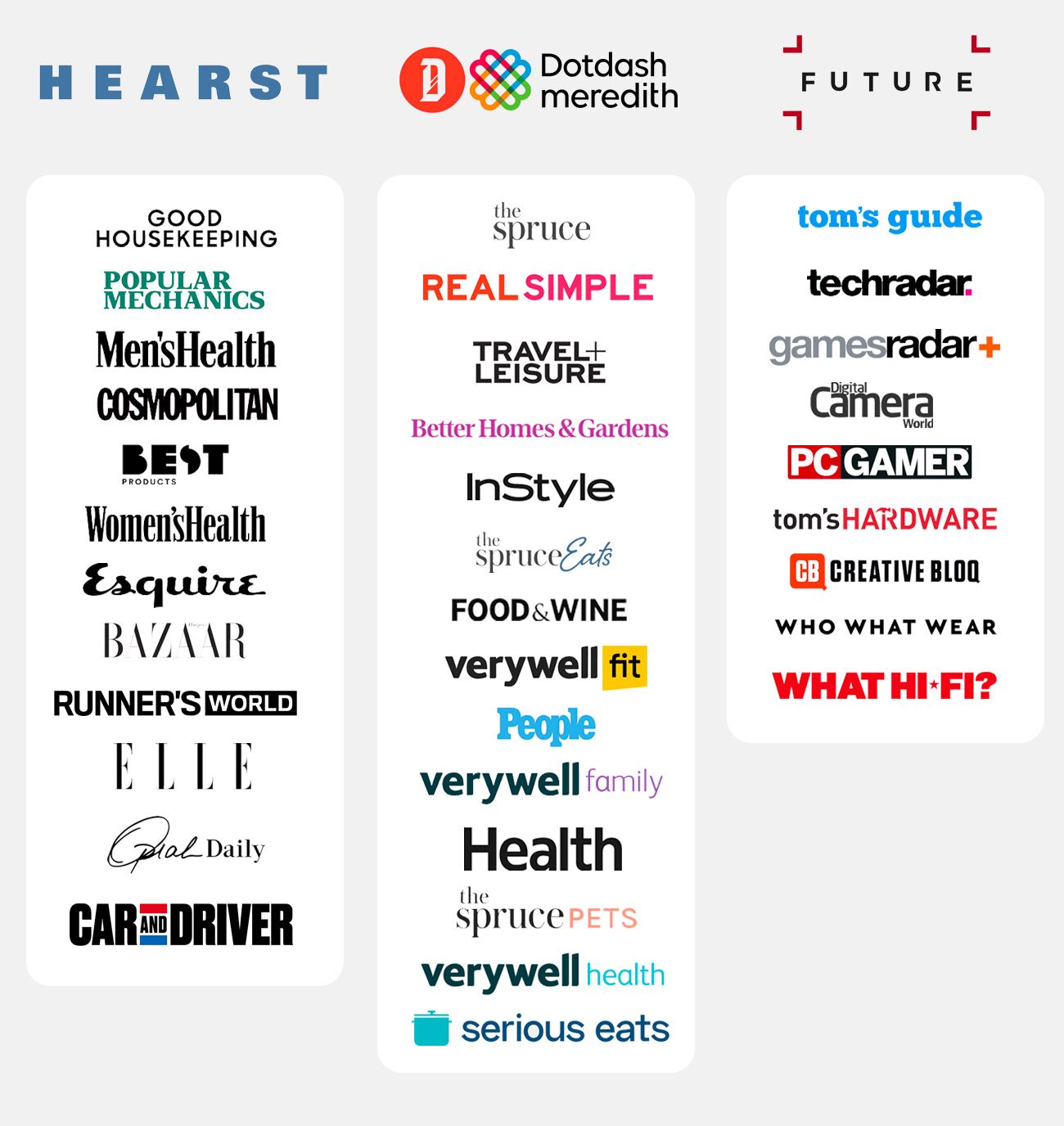
I don’t think this is going to get better anytime soon either…
Looking more closely at our research on affiliate publication drops, the sites reaping the biggest rewards alongside Reddit were all also big names, like Amazon, Business Insider, and CNET.
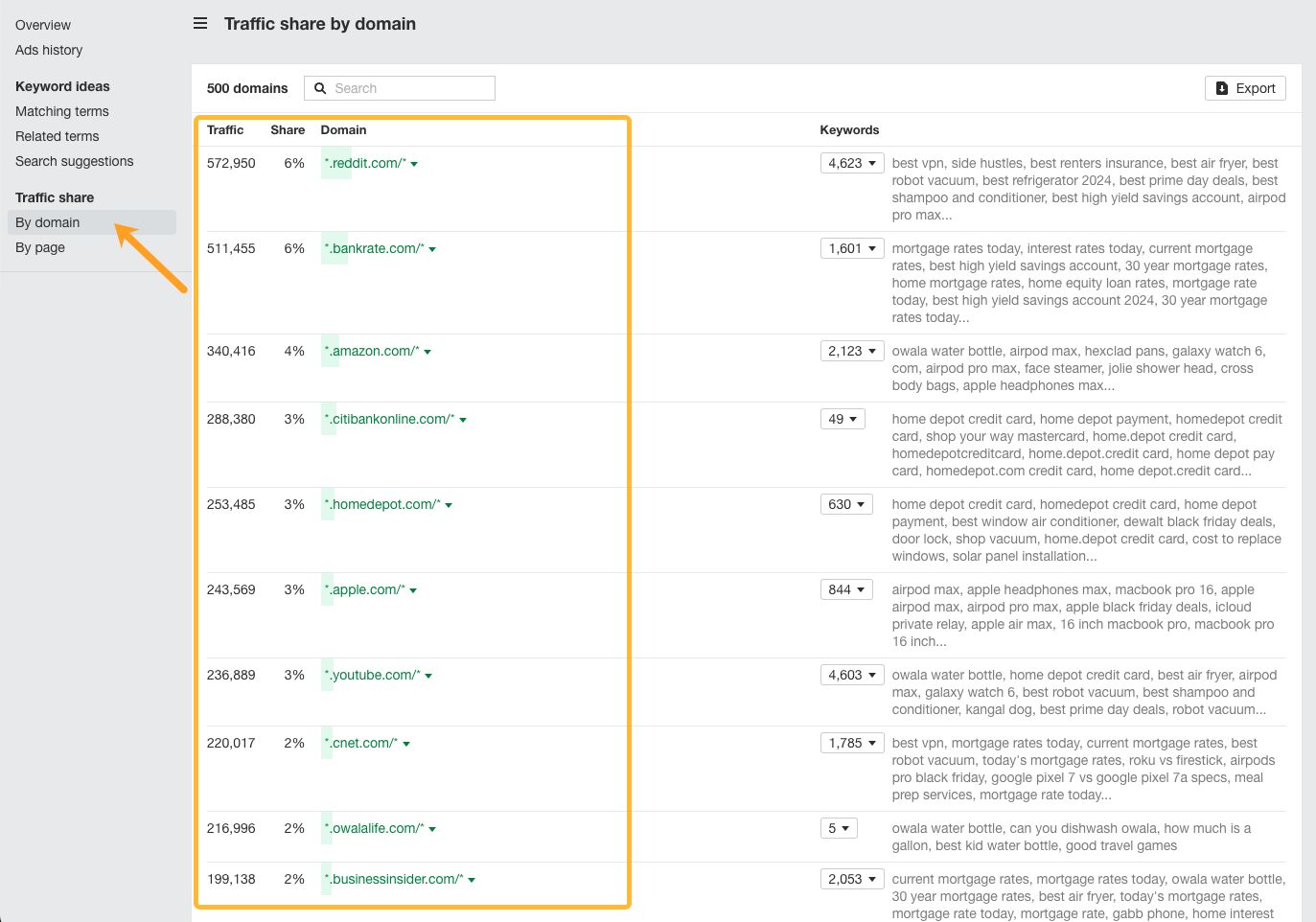
And many of the independent publishers who saw their traffic decimated by Google updates still haven’t recovered…
Take a look at Retrododo, for example:
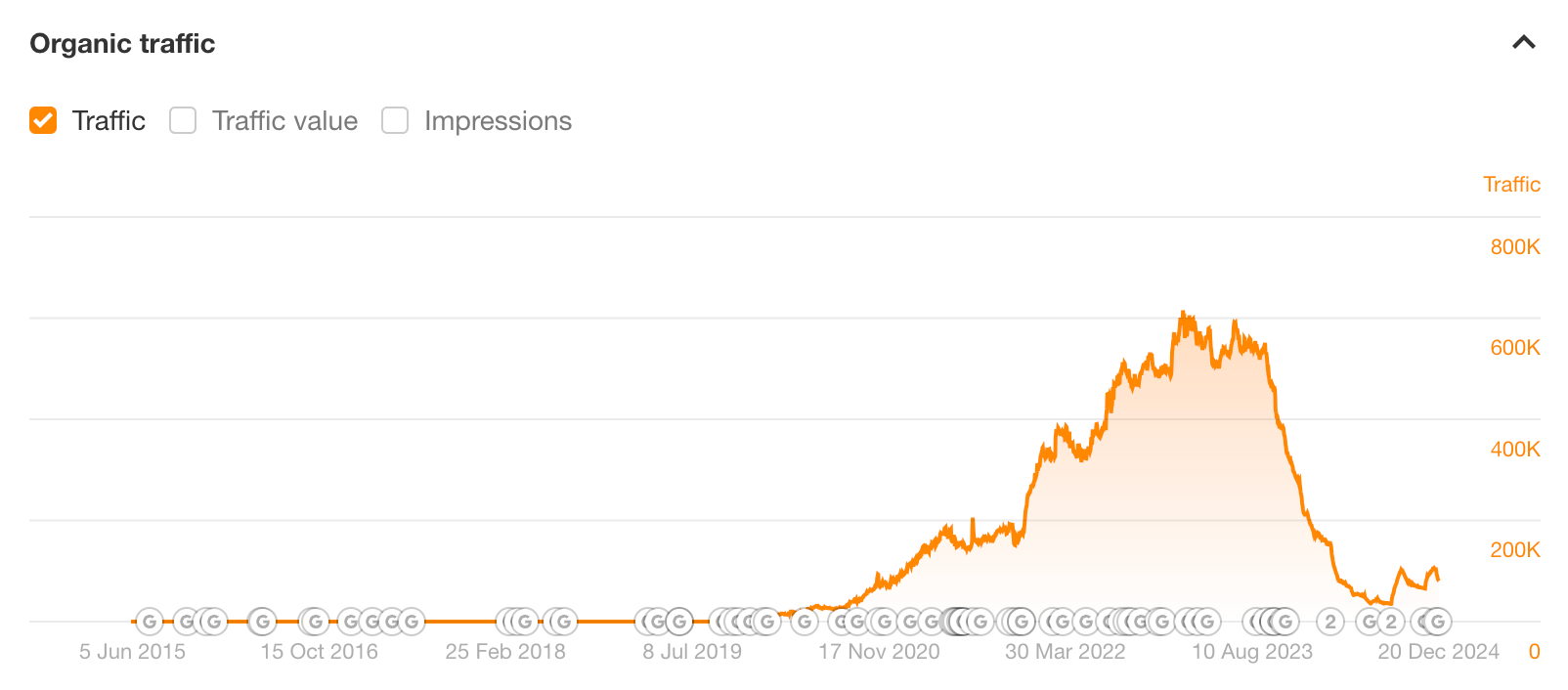
Sure, they’ve recovered a bit—but their traffic is still a shadow of its former self.
Housefresh is about the only site I’ve seen make a near-full recovery, and I can’t help but feel that might have something to do with the amount of fuss they (quite rightly) kicked up about being penalized.
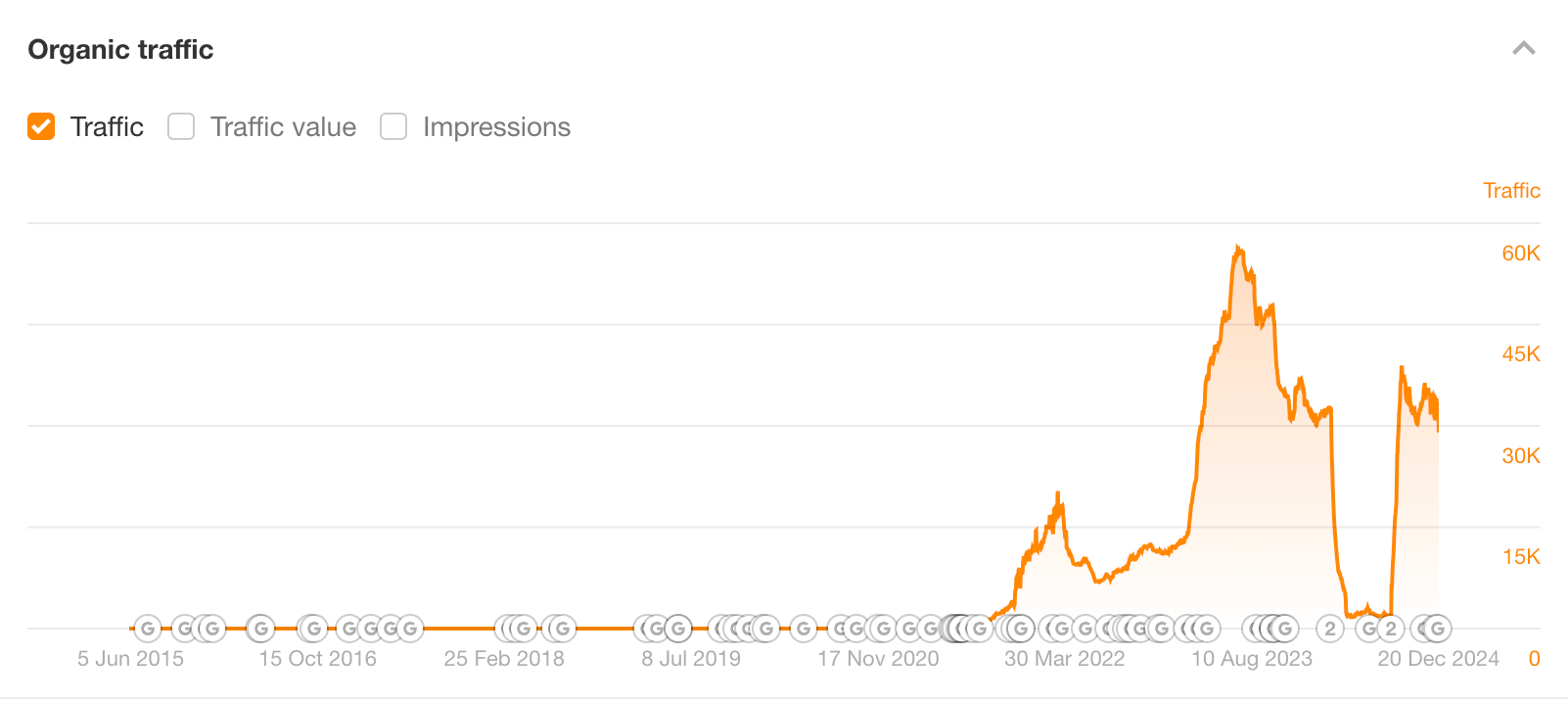
But this uncertainty is precisely the problem…
Maybe I’m misremembering, but I’m sure that things didn’t used to be this way. Back in the day, if you put a ton of effort into creating a quality niche site, you could be pretty sure that Google would reward you. You wouldn’t be scared of the time, effort and money you invested being taken away at any given moment by a Google penalty and your traffic handed to big brands (or Reddit) with mediocre content—at least not to the same extent as today.
This doesn’t mean that the whole thing is Google’s fault. It also seems to be happening because the SEO strategies of big brands are getting more sophisticated.
For example, this post from HouseFresh talks about a strategy called keyword swarming allegedly used by Dotdash Meredith to push down smaller sites in the SERPs:
“Swarming is about drowning out a competitor,” said the person who reached out. The objective is to “swarm a smaller site’s foothold on one or two articles by essentially publishing 10 articles [on the topic] and beefing up [Dotdash Meredith sites’] authority.”
Bottomline? I just wouldn’t have the confidence these days to invest significantly in an affiliate site. Even if I created industry-leading content, I wouldn’t have faith that Google would actually rank it above big sites.
There’s a simple way to find ecommerce niches in Ahrefs, too:
- Run a blank search in Keywords Explorer
- Filter for non-local and non-branded keywords with transactional intent
- Filter for low difficulty keywords, KD <= 10
- Filter for keywords with low DR sites ranking, DR <= 40
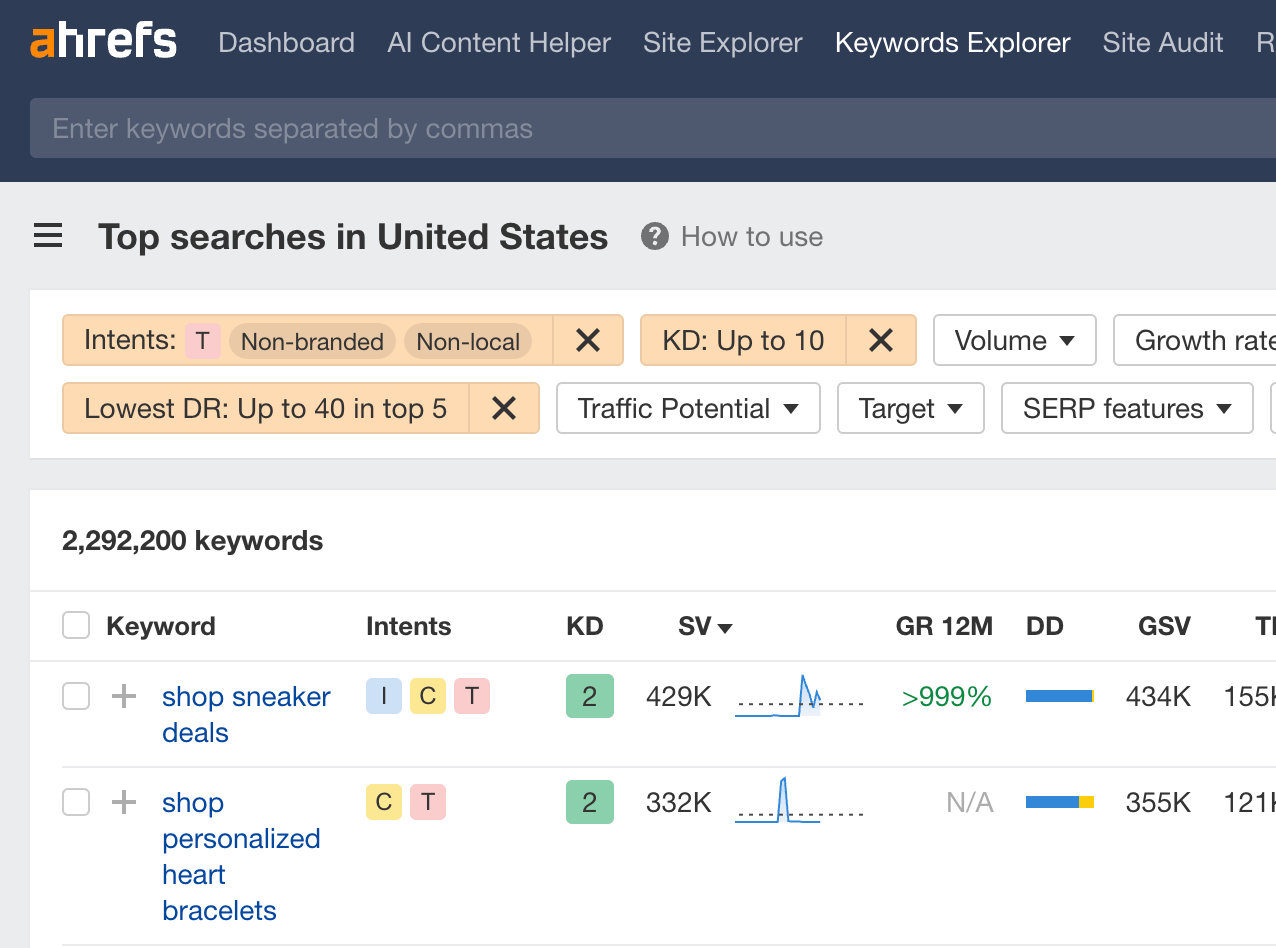
It’s then simply a case of looking for interesting niches in the results…
For example, there are 33K estimated monthly searches for “leg warmers” in the US, and plenty of pages from low DR websites ranking with few or no backlinks.
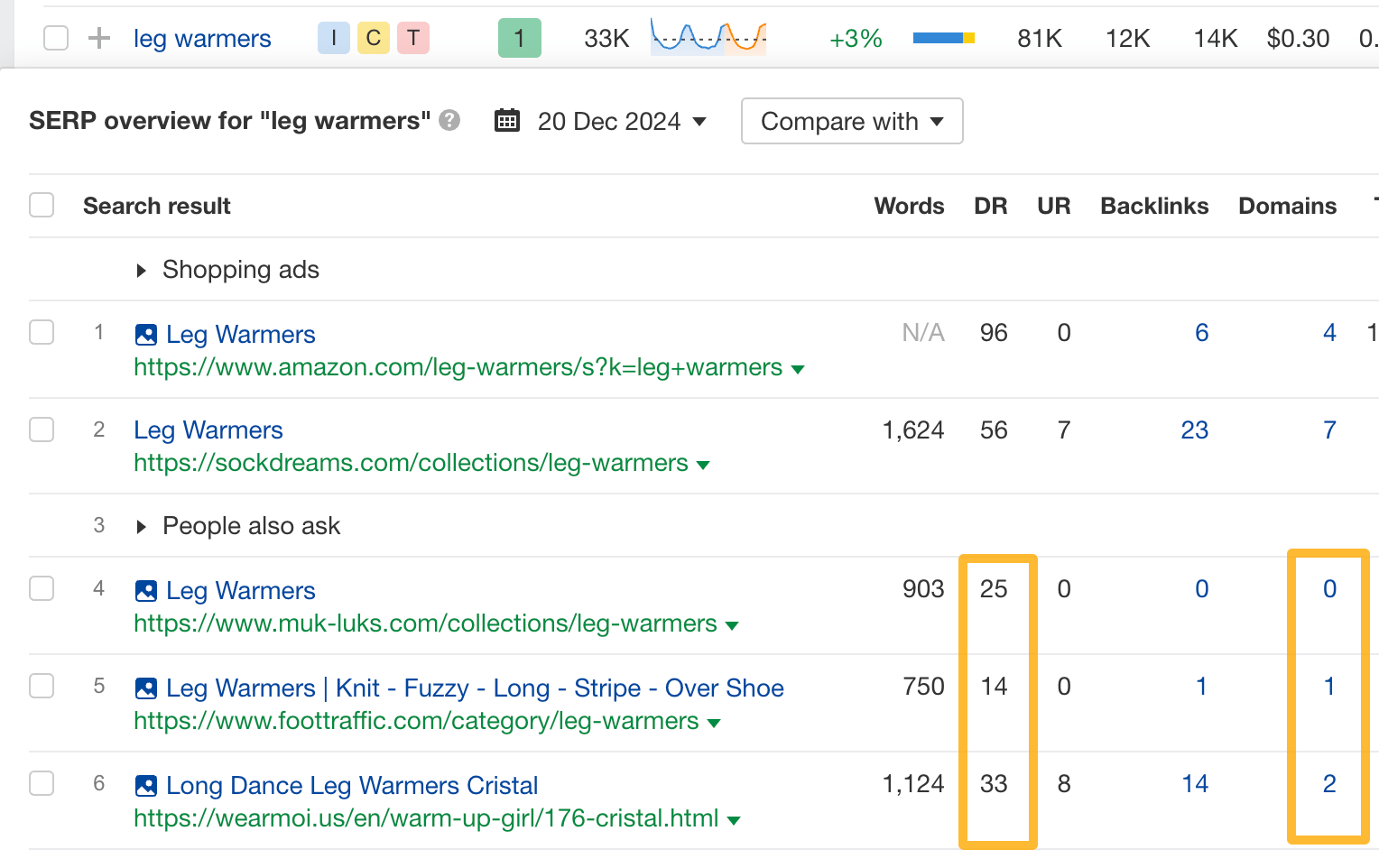
If we plug “leg warmers” into Keywords Explorer as our seed keyword, go to the Matching terms report, apply the same filters, and then cluster by Parent Topic, we have a low-competition ecommerce niche pretty much ready to go.
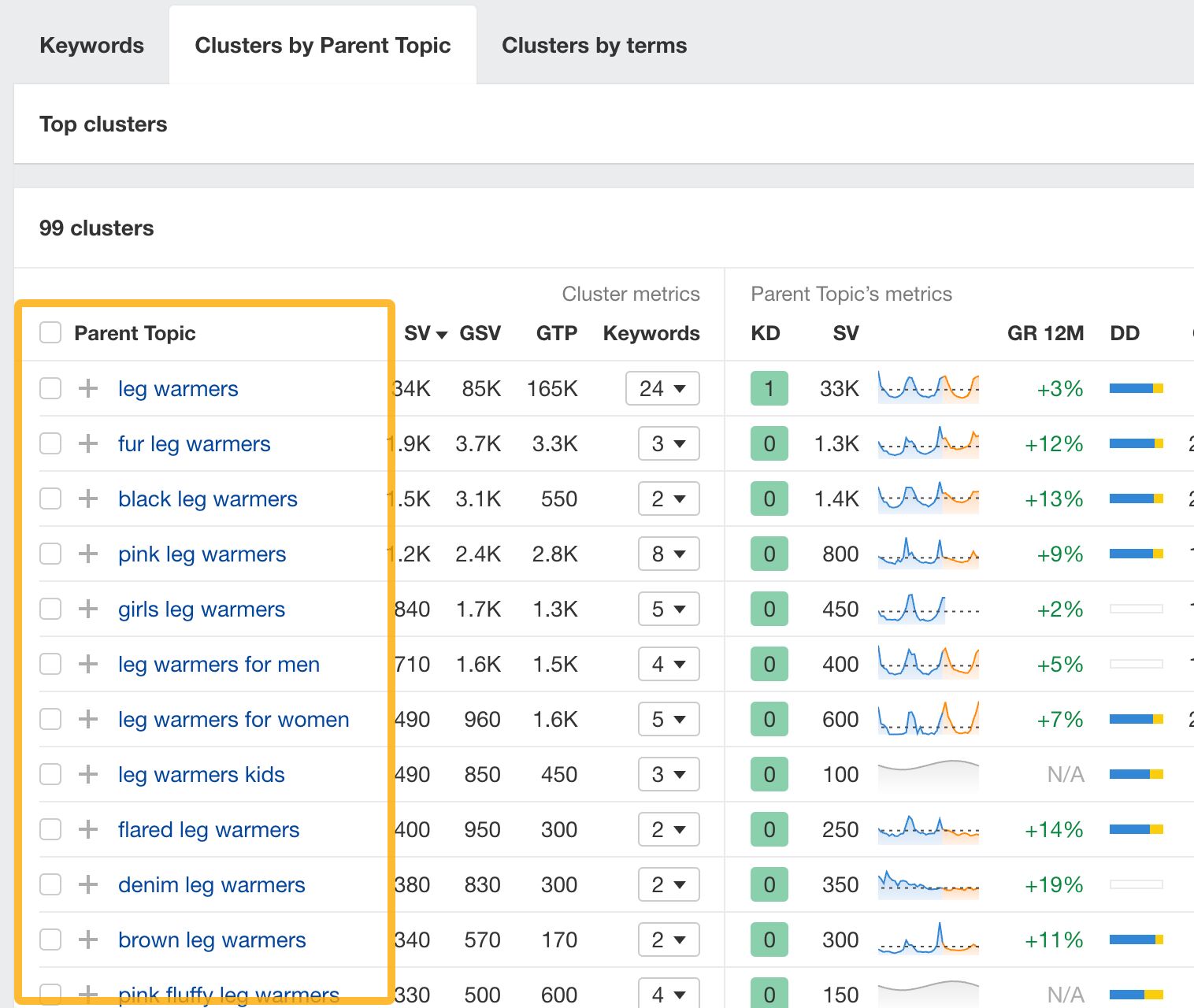
I’m sure you wouldn’t need to move mountains to rank for most of these terms. It would probably just take some basic SEO.
If you want to learn more, read our guide to ecommerce SEO.
Got questions? Ping me on LinkedIn or X.
Similar Posts
Explore Our New Courses, Guides, and Tutorial Navigation
We’ve completed a major overhaul in how our tutorials are organized on Drupalize.Me. Take a look at the new Guides page and find something to new to learn about Drupal. Drupalize.Me has an interesting content problem. We have nearly 1,000 tutorials for folks who want to learn new skills in Drupal. Our tutorials cover a…
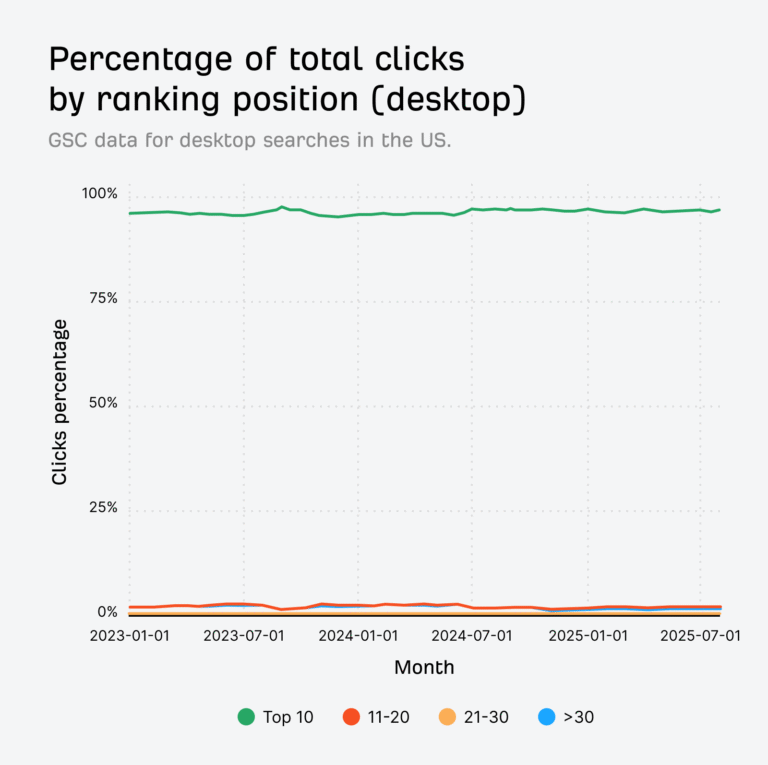
96.98% of Clicks Happen in the Top 10 Search Results
How many clicks and impressions come from rankings beyond Google’s first page? To find out, we analysed billions of clicks and impressions from Google Search Console. Our findings are a good reminder: page one is where the overwhelming majority of clicks and impressions happen. 96.98% of desktop clicks happen in the top 10 In August 2025, 96.98%…
3 New Videos: Learn How to Set Up OAuth, Get Tokens, and Make Authenticated Requests
If you’re creating applications that access Drupal’s data and need to act like a logged-in user, you’ll want to use OAuth for authentication. This process of setting up OAuth and understanding the flow of making authenticated HTTP requests can be a bit daunting. We’ve added videos to 3 tutorials that deal with this process: After…
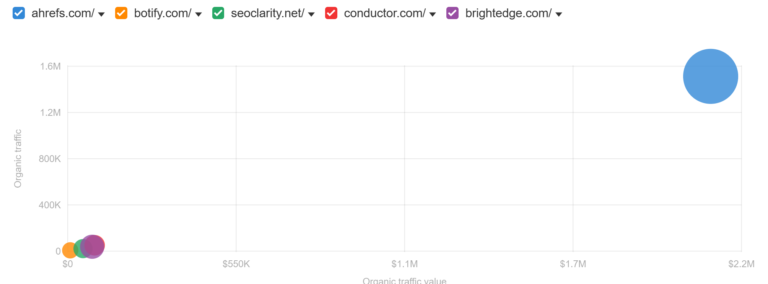
Enterprise SEO Platform Buying Guide
Onboarding an enterprise SEO platform can be a long and difficult process. Getting rid of a bad solution once it’s integrated into your systems can be even harder. Make sure you do your homework and select the right platform for you. Choosing an enterprise SEO platform can be complicated. Let’s look at what is involved in…
Fresh Batch of New Videos Added to Module Developer Guide Tutorials
Every introduction to coding starts with a “Hello, World!” example, right? With Drupal, it’s a bit more complex than just echo “Hello, World!”. To follow Drupal best practices, we should provide content from our custom code in a way that allows a site administrator to choose where and when it’s shown, instead of hard-coding those…
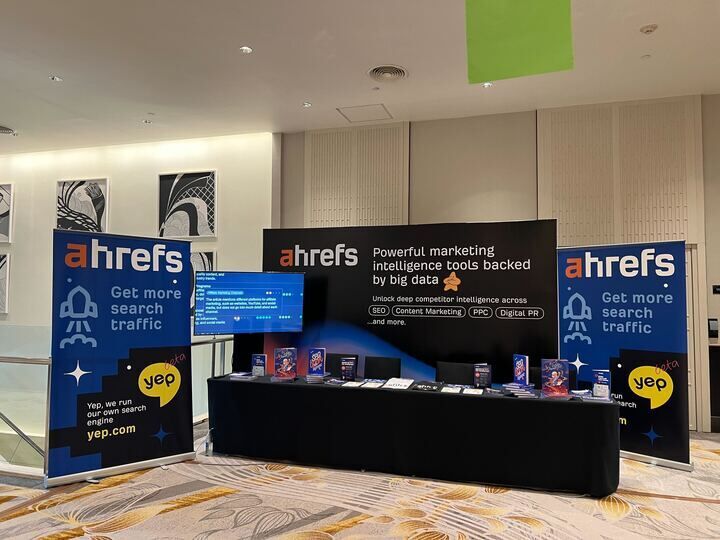
An Insider’s Guide to Event Sponsorships (From a Company That Spent $500K)
The secret weapon behind a successful event isn’t just great speakers, a cool venue, or sold-out tickets. It’s also the sponsors who bring in important revenue while adding credibility to your event. When big-name sponsors put their logo on your event materials, they’re essentially saying: “This event matters.” We know this firsthand because event sponsorships have…
